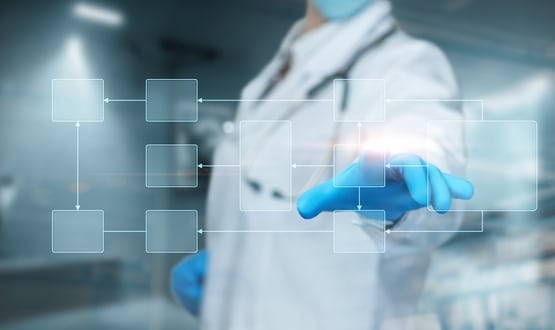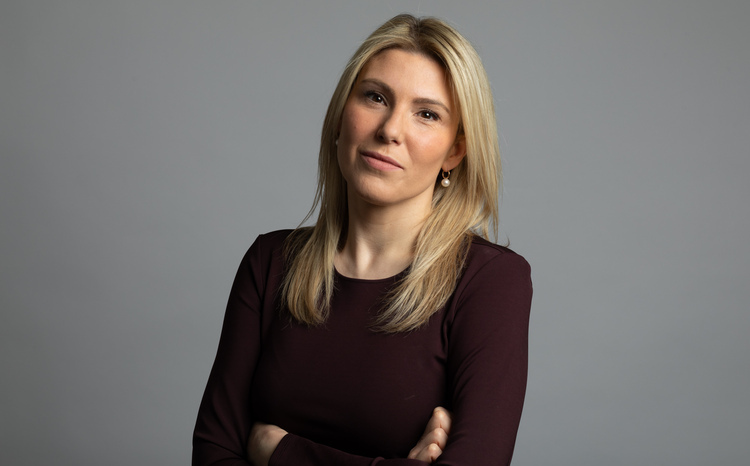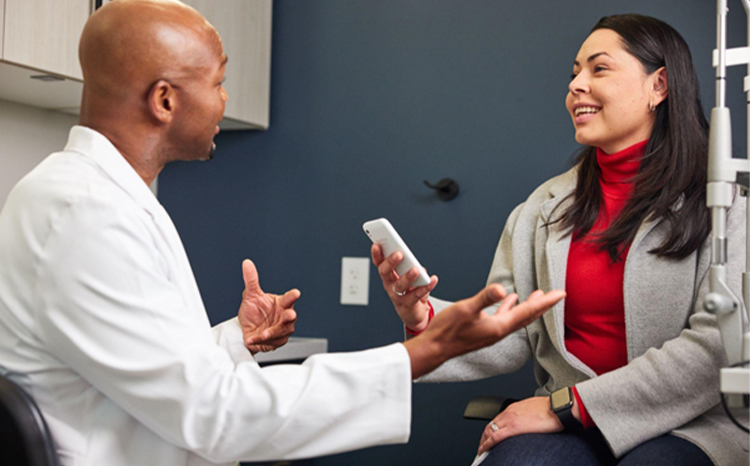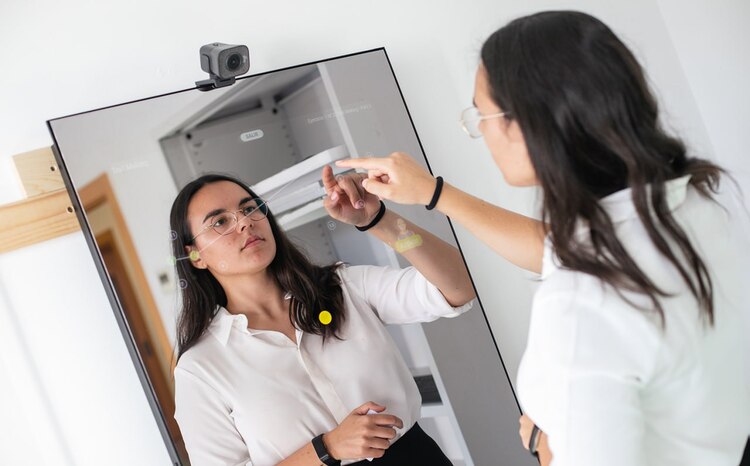Exclusive: Huma receives US FDA Class II clearance for SaMD platform
- 12 June 2023

Huma Therapeutics has received US Food and Drug Administration (FDA) Class II clearance for its disease-agnostic Software-as-a-Medical-Device (SaMD) platform, enabling companies to launch their own algorithm innovations more quickly to the platform and allowing AI algorithms for disease prognostication and recommendations for treatment.
As well as supporting new innovations, the FDA Class II regulatory status means Huma’s remote patient monitoring platform can now host artificial intelligence algorithms that use automated data analytics to support screening, diagnosis, dosing recommendations, clinical decision making and prognostication.
Without Class II, SaMD platforms are only able to collect data from patients and share it with clinical teams so that healthcare professionals can use the data to decide on a patient’s care. With Class II approval, AI algorithms can be used to provide clinical advice and prompts to clinicians and patients.
This allows clinical teams to better identify at-risk patients, intervening earlier to deliver effective care. It also means patients using self-management tools can better spot when their condition progresses so they can seek help for improved health outcomes.
Dr Mert Aral, chief medical officer at Huma, said: “There is significant inconsistency in the quality of care patients receive today and fragmentation in implementation of guideline directed disease management.
“The ability of the Huma platform to provide advanced clinical decision support and host algorithms that can diagnose and quantify disease processes will be a game changer for tackling this issue at scale.”
Today’s news means that Huma is the only digital health company to obtain both Class II FDA and Class IIb EU regulations for a disease-agnostic, configurable platform.
The platform powers digital health pathways that collect patient data for self-management or to be assessed remotely by healthcare professionals.
Back in January 2022 Huma acquired iPLATO Healthcare with the goal of bringing remote patient monitoring to the forefront of primary care. The company’s technologies include remote patient monitoring systems and companion apps to support disease management.
Supporting innovation
Dan Vahdat, CEO and founder of Huma, said: “This clearance adds to the platform’s recent EU MDR Class IIb approval, making it one of the best-regulated such technologies globally.
“Now, our partners can launch Class II regulated software for new diseases and use cases in a matter of weeks on our platform, rather than the years they may have taken to develop and regulate their own solutions.
“We are really excited to see how regulated SaMD, validated algorithms and GenerativeAI can enable our partners to care for more patients with less.”
The platform will enable innovators to get their solutions approved quickly and more cost-effectively than if they launched their own platform. In addition, thanks to the high regulatory standing, both healthcare partners and patients can have confidence in the platform and what it means for healthcare.
The company received the clearance through the FDA’s new, interactive joint eSTAR programme with Health Canada, for a comprehensive medical device submission.





